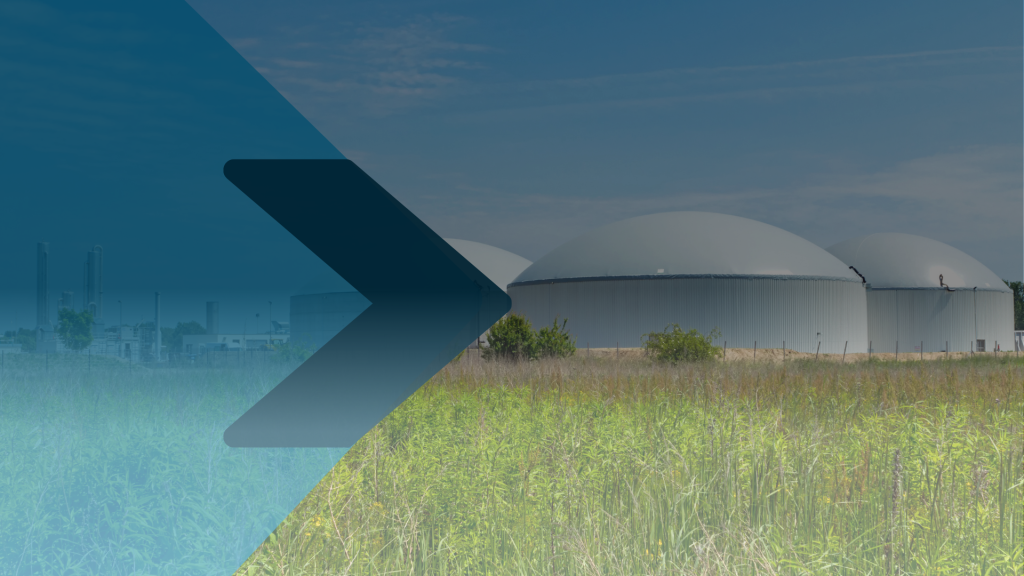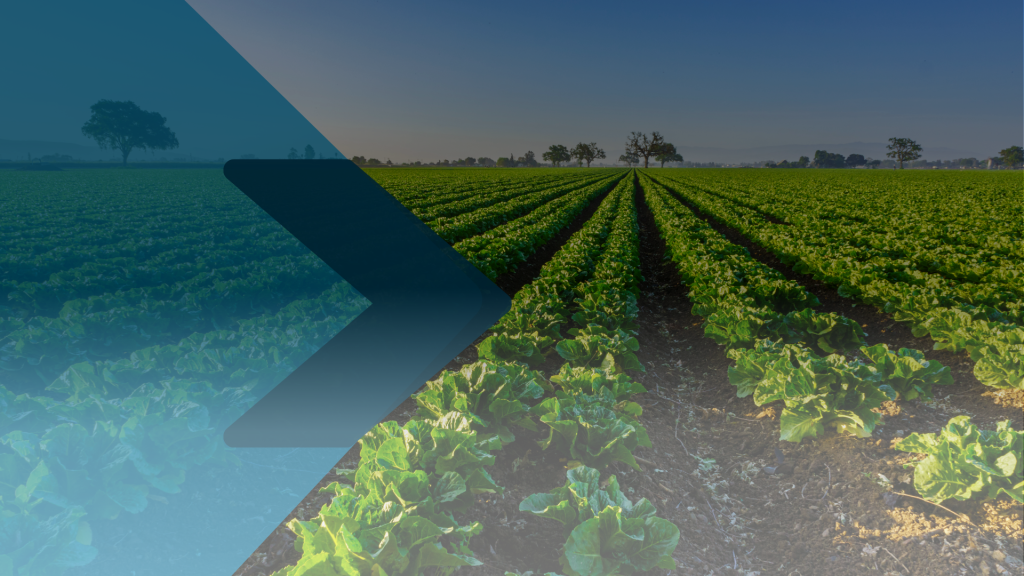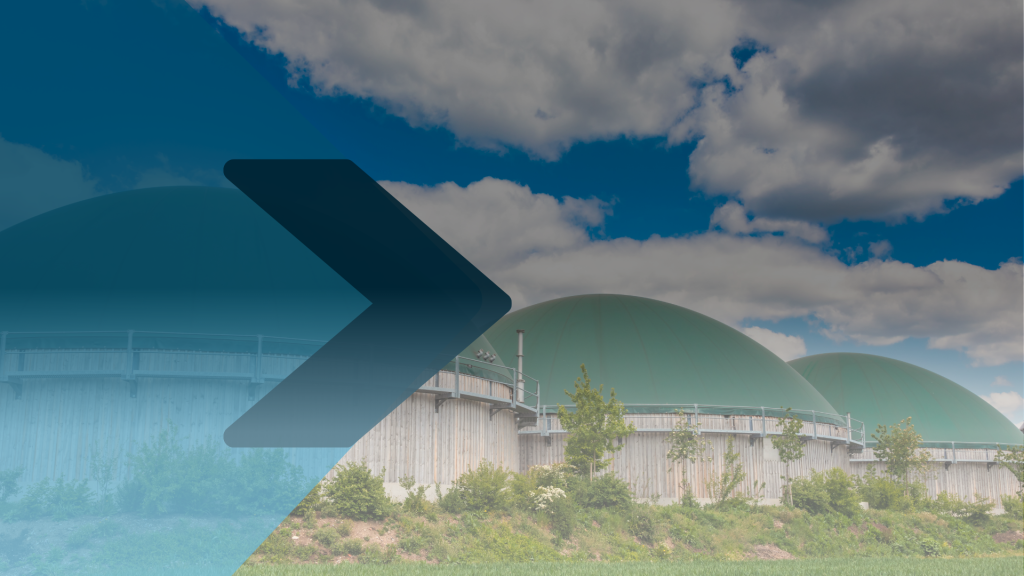Biogas
What is Biogas?
Biogas is a renewable energy source produced through the breakdown of organic matter in an oxygen-free environment. This process, known as anaerobic digestion, generates a mixture of gases primarily composed of methane (CH4) and carbon dioxide (CO2). Biogas can be used for electricity generation, heating, and as a fuel for vehicles, making it a valuable alternative to fossil fuels.
The relationship between Biogas and Anaerobic digestion
Anaerobic digestion is the key process behind the production of this energy source. It involves the microbial decomposition of organic matter in a controlled, oxygen-free setting. As microorganisms break down organic materials, they produce biogas and a secondary byproduct known as digestate. The organic materials used to produce biogas include agricultural waste, food scraps, manure, and wastewater sludge. By converting these waste products into energy, biogas helps reduce environmental pollution and promotes sustainable waste management.
Industry applications
The end result of biogas has broad applications across various industries and sectors:
- Agriculture: Farmers can utilise biogas to generate energy while using digestate as an organic fertilizer to improve soil health.
- Waste Management: Municipal and industrial waste processing facilities benefit by converting organic waste into a renewable energy source, reducing landfill dependency.
- Food Industry: Food processing plants can use biogas systems to manage food waste efficiently and reduce energy costs
- Wastewater Treatment Plants: Facilities can harness biogas from sewage sludge to power operations and decrease reliance on conventional energy sources.
- Energy Sector: Power plants can incorporate biogas into their energy mix, contributing to a more sustainable and diversified energy supply.
Biogas plays a crucial role in sustainable energy production, waste reduction, and resource optimization. By leveraging this process, industries can achieve environmental benefits while enhancing energy efficiency. As the demand for renewable energy solutions grows, biogas continues to be a vital component of the global transition toward a cleaner and greener future.

- Derwent House, 42-46 Waterloo Road, Wolverhampton, WV1 4XB
- Tel: 01902-458-501
- Email: info@membracon.co.uk
Follow Us
Join our online community to see the latest news around Membracon and our sustainable solutions .
Our Products
- Anode Cells for Electrocoating
- Ultrafiltration Membrane System
- RO Membranes and Systems
- UV Bacterial Control
- Effluent Treatment
- Liquid Filtration Solutions
- Process Tank Integrity Check
- Rectifier



